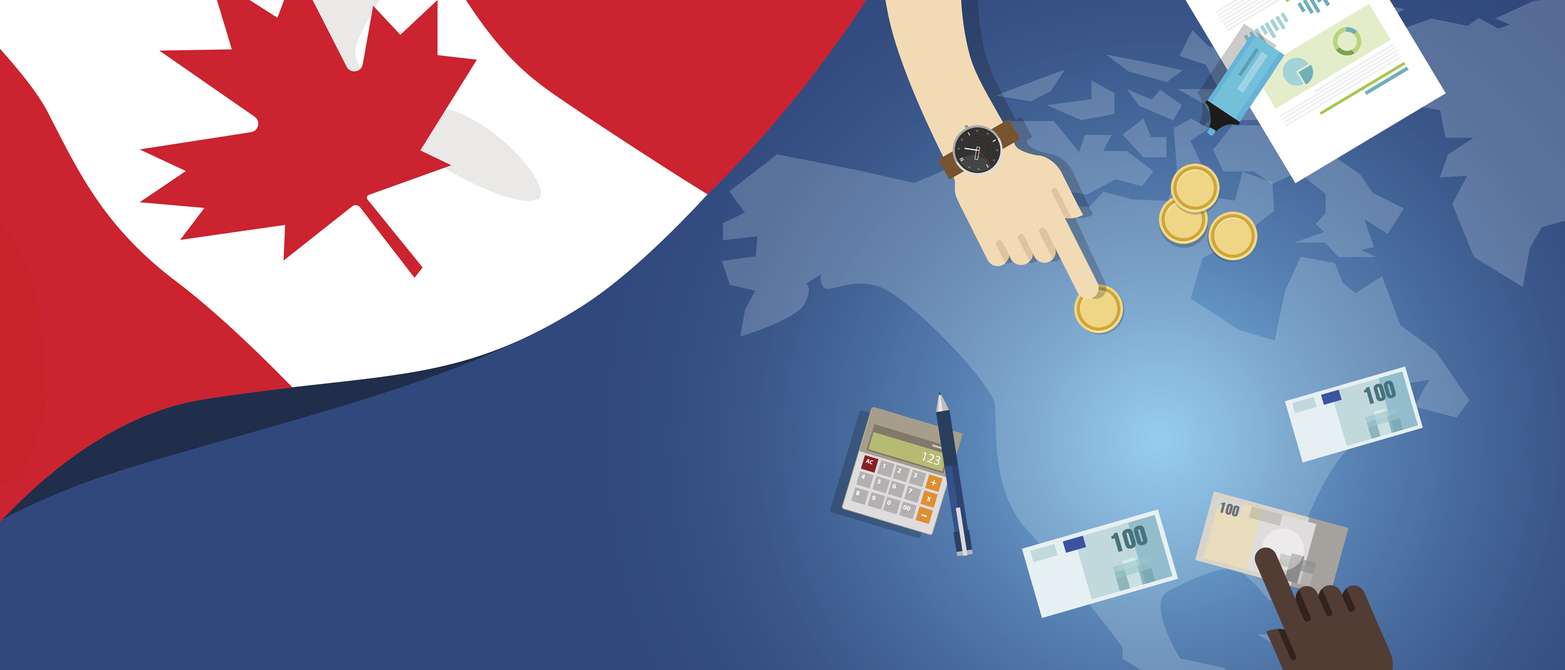Understanding The Importance Of Adhering To Canadian Financial Declaration Laws: A Guide For Immigrants, Visitors And Travelers By Johnson Babalola

Canada is a nation that prides itself on law and order, with regulations designed to protect its citizens and maintain the integrity of its financial system. One such regulation that every immigrant, visitor, and traveler must be aware of is the requirement to declare funds exceeding €6776.86 upon entry into the country. While many may assume this rule applies only to cash, it actually encompasses a broader range of monetary instruments, including foreign currencies and negotiable instruments. Understanding and adhering to this law is crucial to avoid severe consequences, including fines, seizure of funds, and potential litigation.
The Legal Framework: What Does the Law Say?
The legal requirement to declare funds is outlined in the Proceeds of Crime (Money Laundering) and Terrorist Financing Act (PCMLTFA). Specifically, Section 12 of the Act requires individuals entering or leaving Canada to report any currency or monetary instruments totaling €6776.86 or more to the Canada Border Services Agency (CBSA). The term “monetary instruments” includes not just Canadian dollars but also foreign currencies, traveler’s cheques, bank drafts, money orders, and even securities like stocks and bonds.
This law is not just a formality; it plays a vital role in protecting Canada from financial crimes such as money laundering and terrorism financing. By monitoring large sums of money entering or leaving the country, Canadian authorities can identify and investigate suspicious activities, thereby contributing to global efforts to combat financial crimes.
Common Misconceptions: It’s More Than Just Cash
A common misconception among travelers is that the declaration requirement applies only to cash. However, the law is clear that it extends to all forms of monetary instruments. This means that if you are carrying a combination of cash, foreign currency, traveler’s cheques, or other negotiable instruments that total €6776.86 or more, you are legally obligated to declare them to the CBSA. Failing to do so, even out of ignorance, can have serious consequences.
Consequences of Non-Compliance: Fines, Seizure, and Litigation
Violating Canada’s financial declaration laws can lead to significant penalties. If you fail to declare funds exceeding €6776.86, the CBSA has the authority to seize the funds. Depending on the circumstances, the CBSA may either return the funds after a penalty is paid or initiate further legal action if they suspect the money is linked to illegal activities.
According to the PCMLTFA, the penalties for non-compliance can be severe:
* Seizure of Funds: The CBSA can seize undeclared funds and may hold them while an investigation is conducted.
* Monetary Penalties: A fine may be imposed, which can range from €169.42 to €3388.43 depending on the severity and intent behind the violation.
* Litigation: If the CBSA suspects that the funds are connected to criminal activity, they can initiate legal proceedings. This could lead to more severe penalties, including forfeiture of the funds, additional fines, and even criminal charges that could result in imprisonment.
Long-Term Consequences: Increased Scrutiny in Future Travels
An often-overlooked consequence of failing to declare funds is the potential impact on future travels. If you are fined or otherwise penalized by the CBSA for failing to declare funds, a notation may be made on your CBSA file. This notation could lead to increased scrutiny each time you return to Canada for several years afterward. While the exact duration of this increased scrutiny can vary, it typically lasts for several years, during which you may be subject to more thorough inspections and questioning by CBSA officers. This added inconvenience can be a lasting reminder of the importance of adhering to Canadian laws.
Disputing a CBSA Seizure: Seeking Redress in Court
If you believe that the CBSA’s seizure of your funds was unjustified or incorrect, you have the right to dispute their findings. The first step is to file a written request for a review with the CBSA within 90 days of the seizure. This request will be reviewed by the CBSA’s Recourse Directorate, which will decide whether the seizure was appropriate based on the facts presented.
If you are not satisfied with the outcome of the review, you have the option to appeal the decision to the Federal Court of Canada. This legal avenue allows you to challenge the seizure and present your case before a judge. It is advisable to seek legal counsel if you intend to pursue this course of action, as navigating the legal system can be complex.
Ignorance of the Law is No Excuse
It is essential to understand that ignorance of the law is not a valid defense. The CBSA expects every traveler entering or leaving Canada to be aware of the financial declaration requirements. Whether you are an immigrant, a visitor, or a Canadian returning from abroad, you have a responsibility to know and adhere to the laws of the country.
A Word of Caution: Seek Knowledge and Clarification
Before traveling to Canada, it is wise to familiarize yourself with the relevant laws and regulations. If you are unsure whether you need to declare certain funds or monetary instruments, it is better to err on the side of caution and declare them. The CBSA officers are there to assist you, and making a declaration does not automatically result in penalties—it simply ensures compliance with the law.
In conclusion, while the process of declaring funds may seem like a minor detail in your travel plans, it is a critical aspect of adhering to Canadian law. By understanding the importance of this requirement and following it diligently, you protect yourself from potential legal consequences and contribute to the integrity of Canada’s financial system. Always remember, when in doubt, declare—and when unsure, seek clarification. Knowledge of the law is not just advisable; it is a necessity for every traveler.
Johnson Babalola, a Canada based lawyer, leadership consultant and corporate emcee, is a public affairs analyst.

